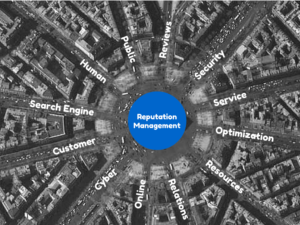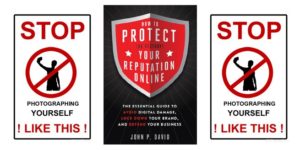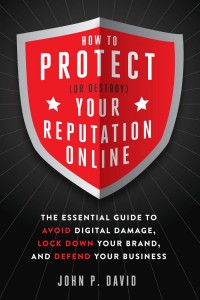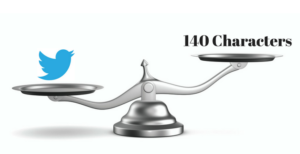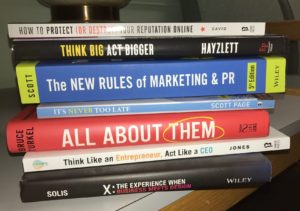 Since writing my book How to Protect (Or Destroy) Your Reputation Online, I have met many interesting authors and interviewed a number of them for my blog. Here are nine books I can wholeheartedly recommend as last-minute gifts. All are available on Amazon.com and can be shipped in time for the holidays if you, as they say, act now.
Since writing my book How to Protect (Or Destroy) Your Reputation Online, I have met many interesting authors and interviewed a number of them for my blog. Here are nine books I can wholeheartedly recommend as last-minute gifts. All are available on Amazon.com and can be shipped in time for the holidays if you, as they say, act now.
In alphabetical order:Read More

